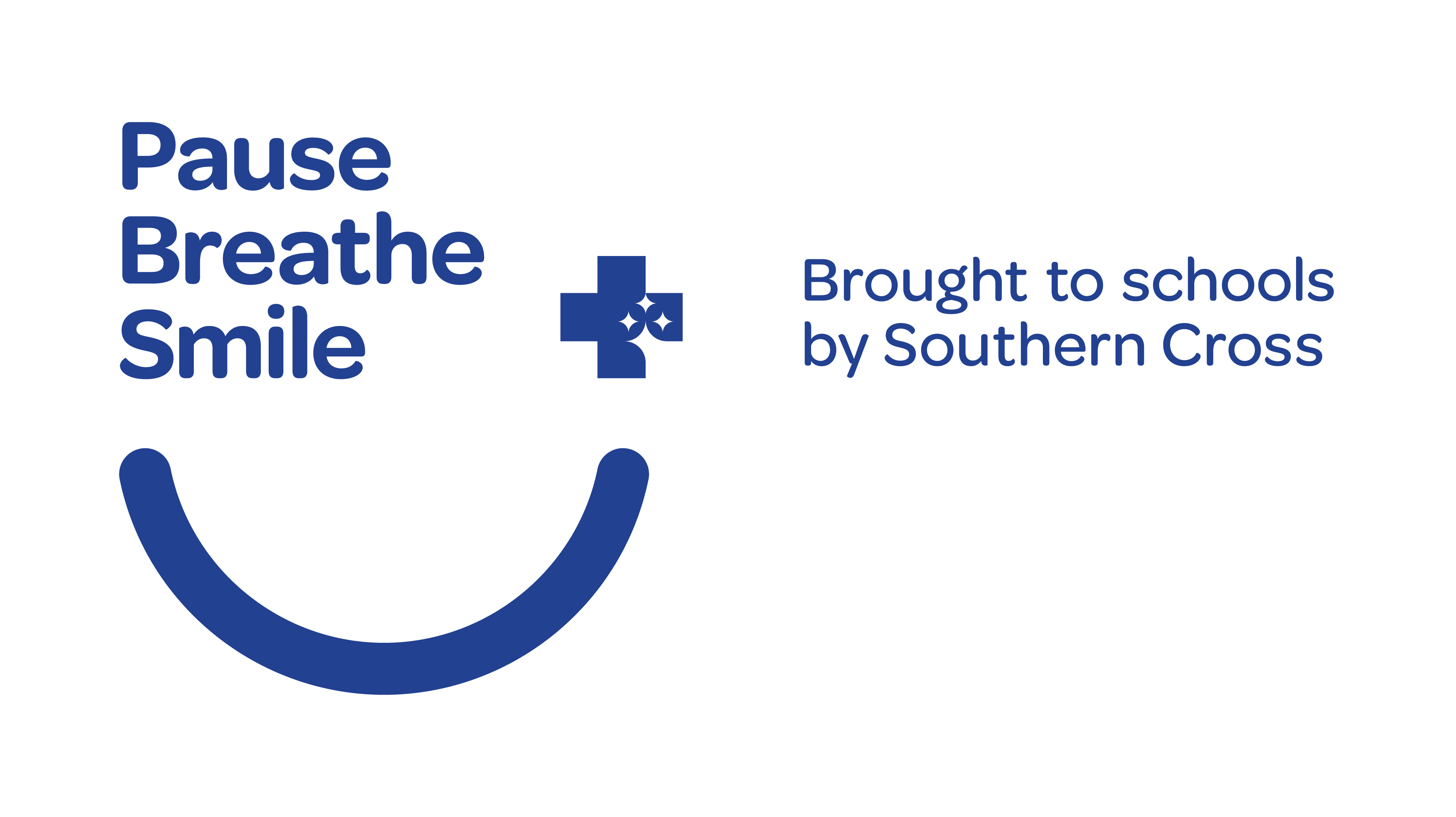Gratitude practice is a core component of the Pause Breathe Smile programme. Practising gratitude regularly helps us to more frequently notice and feel appreciative of the everyday things in life, including things that we may take for granted, such as the sunshine, a morning coffee, or our health. Often, when times get tough, we can start to focus on all the things that we think are going wrong. Gratitude helps us to reframe our thoughts and to focus on the things that are also going right. It doesn’t mean glossing over the bad, but rather, learning to recognise and appreciate the small things, even during tough times.
Research shows that gratitude is associated with important domains of wellbeing and may play a role in maintaining healthy relationships.1 Gratitude interventions have been shown to improve sleep,2 and some research has also indicated associations between gratitude and lower risk of depression and increased resilience.3 Although most of the research has involved adult participants, increasing attention is being turned towards exploring benefits for schools and learners.4 By practicing gratitude regularly, children can learn to incorporate it into everyday life, in the process helping to create healthy and more positive minds and improve peer relationships.
Gratitude activities can be as simple as thinking of three things you are grateful for first thing in the morning or last thing at night. Other ideas include writing a thank-you letter to someone or taking a walk in nature and noticing all the things you are grateful for (for example, beautiful sights, sounds, and so on). Small activities such as these have the potential to make long-lasting positive impacts on our mental health.
- Jans-Beken, L., Jacobs, N., Janssens, M., Peeters, S., Reijnders, J., Lechner, L., & Lataster, J. (2020). Gratitude and health: An updated review. The Journal of Positive Psychology, 15(6), 743-782.
- Boggiss, A. L., Consedine, N. S., Brenton-Peters, J. M., Hofman, P. L., & Serlachius, A. S. (2020). A systematic review of gratitude interventions: effects on physical health and health behaviors. Journal of Psychosomatic Research, 135, 110165.
- Wood, A. M., Froh, J. J., & Geraghty, A. W. (2010). Gratitude and well-being: A review and theoretical integration. Clinical psychology review, 30(7), 890-905.
- Bono, G., & Froh, J. (2009). Gratitude in school: Benefits to students and schools. In Handbook of positive psychology in schools (pp. 95-106). Routledge.

